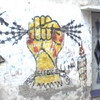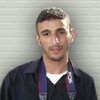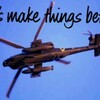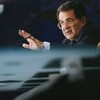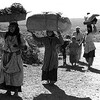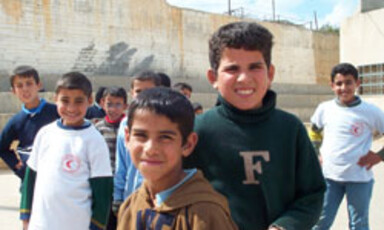
Coping with Conflict
Tubas 2 April 2004
�I once saw a man killed at a roadblock, and I felt very bad afterwards,� 10-year-old Majdi says. �We all saw it from the windows of the bus, and everybody was very upset.� Majdi is one of 640 Palestinian schoolchildren in the West-Bank town of Tubas who are taking part in a CABAC (Children Affected By Armed Conflict) programme, implemented by the Palestinian Red Crescent with funding from the European Union�s humanitarian agency, and the Danish and Icelandic Red Cross Societies. Read more about Coping with Conflict

